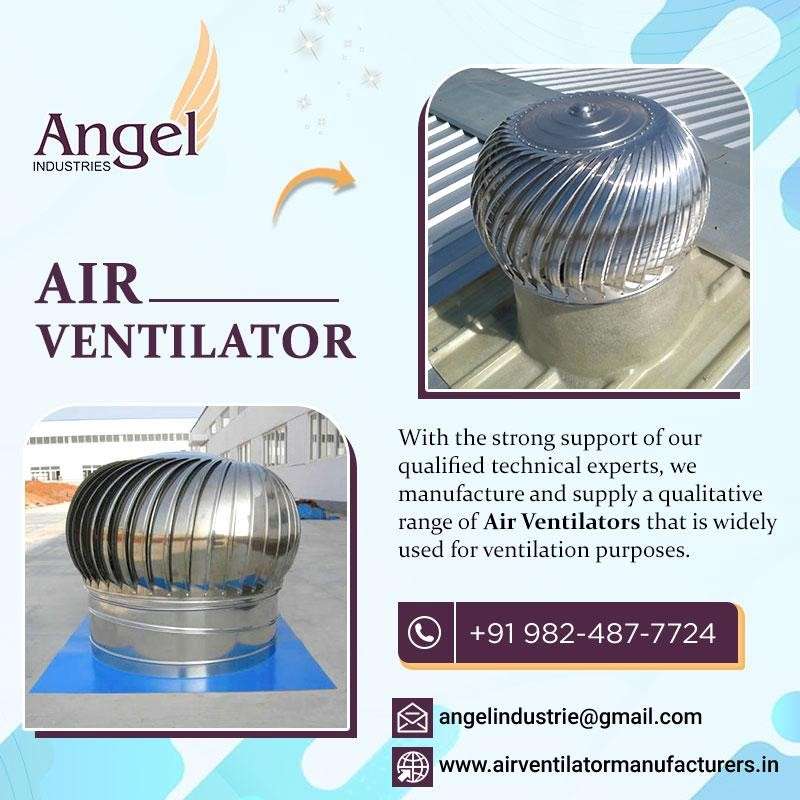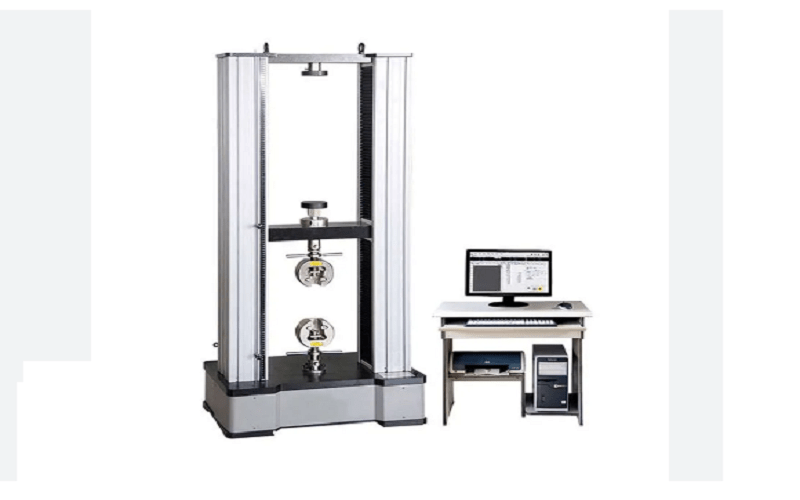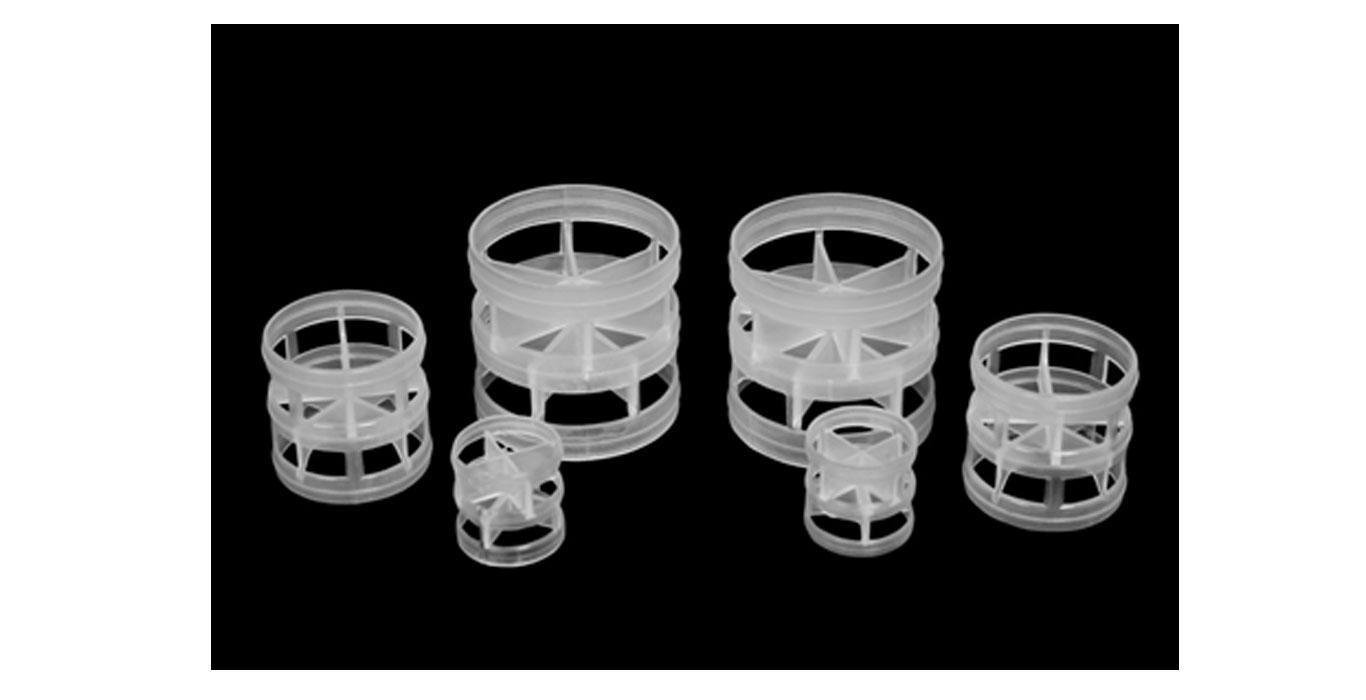When it comes to ensuring clean and fresh air in your living or working space, selecting the right Air Ventilator is crucial. With various options available on the market, it can be a bit overwhelming to choose a suitable ventilation system for your needs. However, by considering factors like room size, location, and budget, you can make an informed decision that suits your specific needs. Here’s a practical guide to help you choose the appropriate air ventilator for your unique requirements.
How Air Ventilators Work?
Air ventilators, also known as ventilation systems, are essential for maintaining a healthy and comfortable indoor environment. They work by bringing in fresh outdoor air and expelling stale indoor air. Here’s a breakdown of how air ventilators work in a natural tone:
Intake of Fresh Air: The first step in the process is to draw in fresh outdoor air. Ventilators typically have a set of intake vents or ducts strategically placed to capture clean, uncontaminated air from outside. This air is essential for replenishing oxygen levels and diluting indoor pollutants.
Air Filtration (Optional): In some cases, the incoming air may pass through filters to remove particles like dust, pollen, and allergens. This step ensures that the air introduced into the indoor space is as clean as possible, especially important for people with allergies or respiratory issues.
Distribution: Once the fresh air is collected and filtered if necessary, it is then distributed throughout the building or room. This distribution can be achieved through a network of ducts or vents. The design and layout of the distribution system depend on the specific ventilation system in use.
Exhaust of Stale Air: Simultaneously, the system expels the indoor air that has become stale and potentially laden with pollutants, odors, and moisture. This stale air is typically extracted from areas like kitchens, bathrooms, and other enclosed spaces where it can accumulate.
Air Exchange: The key principle behind ventilation is achieving an effective exchange of indoor and outdoor air. By continuously bringing in fresh air and removing stale air, the system helps maintain optimal indoor air quality and comfort levels.
Control and Regulation: Modern air ventilators are often equipped with sensors and controls that monitor factors like humidity, temperature, and air quality. These sensors can adjust the ventilation rate to ensure that the indoor environment remains comfortable and healthy.
Noise and Airflow Management: Ventilation systems are designed to operate quietly and efficiently. Proper ductwork and soundproofing help reduce noise levels, ensuring that the ventilation process does not disrupt the peace and quiet indoors.
Tips For Choosing the Right Air Ventilator
Determine Your Ventilation Needs:
Start by understanding the purpose of your ventilation system. Do you need it to improve indoor air quality, control humidity, remove odors, or simply provide fresh air circulation? Identifying your specific needs will guide you in choosing the right system.
Consider the Type of Space
The type of space you want to ventilate plays a significant role in selecting the right air ventilator. Residential spaces have different requirements than industrial settings or commercial offices. Here are a few considerations:
a. Residential: For homes, natural ventilation through windows and exhaust fans may suffice. However, energy-efficient mechanical ventilators with heat recovery capabilities can be beneficial, especially in extreme climates.
b. Commercial: Office spaces often require efficient ventilation to maintain a comfortable and productive environment. Consider systems with adjustable settings to adapt to changing occupancy and varying outdoor conditions.
c. Industrial: In industrial settings, where pollutants and fumes are prevalent, robust exhaust systems are essential. Select systems that can handle high airflow rates and effectively remove contaminants.
Calculate Room Size:
Measure the size of the room or area you want to ventilate. The airflow requirements vary depending on the room’s dimensions. Larger spaces will require more powerful ventilation systems.
Plan your Budget:
Determine how much you are willing to invest in a ventilation system. Costs can vary significantly based on the type of system you choose. Make sure to account for both the initial purchase price and any ongoing maintenance or energy expenses.
Evaluate Energy Efficiency
Energy efficiency is a vital aspect of any ventilation system, as it can significantly impact your utility bills. Look for systems with high Energy Star ratings or those designed with energy-saving features like variable-speed motors and heat recovery technology. These systems can reduce energy consumption while maintaining indoor air quality.
Consider Noise Levels
Excessive noise can be disruptive in residential and office settings. When choosing a ventilator, consider its noise levels, especially if it will be installed in a living area or workspace. Quieter systems with sound insulation can create a more comfortable and productive environment.
Ventilation Rate and Sizing
The ventilation rate required for your space depends on factors such as room size, occupancy, and air quality goals. Oversized systems can waste energy, while undersized systems may not provide adequate ventilation. Consult with top Air Ventilator Manufacturers in India to determine the appropriate size and ventilation rate for your specific needs.
Maintenance and Longevity
Regular maintenance is essential to ensure the longevity and effectiveness of your air ventilator. Consider the ease of maintenance when making your selection. Systems with accessible filters and components are generally easier to service.
Seek Professional Guidance
While these guidelines can help you make an informed decision, it’s advisable to consult with a professional HVAC technician or ventilation expert. They can assess your space’s unique requirements and recommend the most suitable ventilation system.
Conclusion
Choosing the best air ventilator for your unique needs necessitates careful consideration of elements such as ventilation goals, space type, energy efficiency, noise levels, ventilation rate, maintenance, environmental effect, and professional advice.
Angel Industries is your go-to destination for top-notch air ventilators that won’t break the bank. With a commitment to delivering the best quality products, they’ve become one of the trusted Air Ventilator Suppliers in India. So, visit their website to explore their ventilation systems now.










